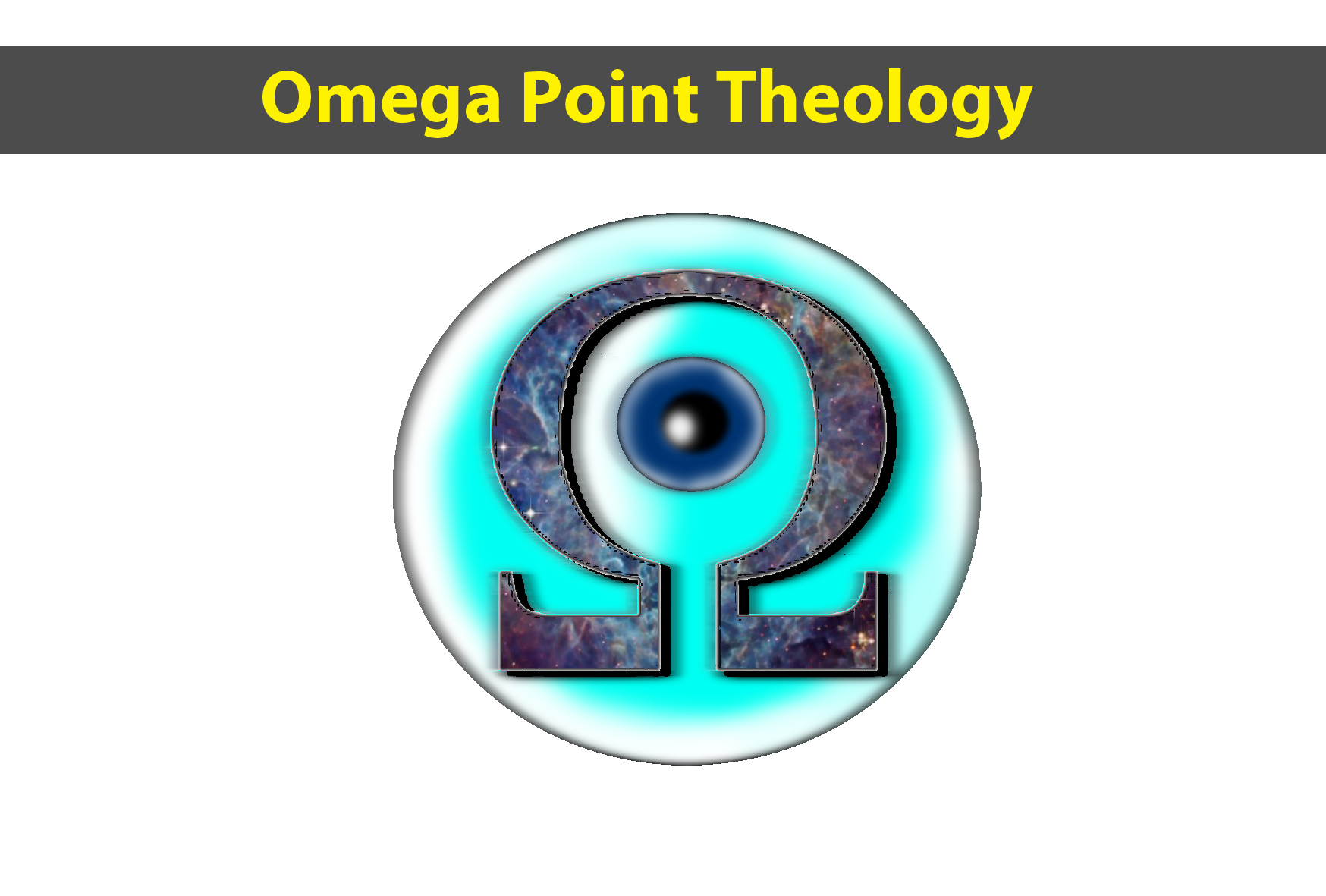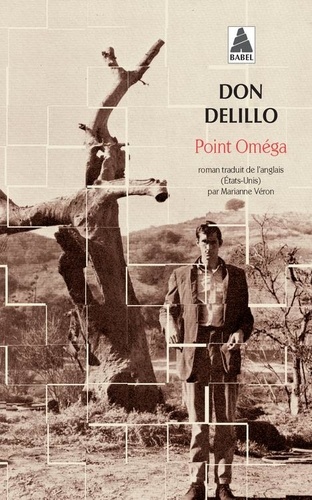

I almost believed him when he said such things. His life happened, he said, when he sat staring at a blank wall, thinking about dinner.Īn eight-hundred-page biography is nothing more than dead conjecture, he said. He said this more than once, Elster did, in more than one way. The true life takes place when we're alone, thinking, feeling, lost in memory, dreamingly selfaware, the submicroscopic moments. The true life is not reducible to words spoken or written, not by anyone, ever. In this compact and powerful novel, it is finally a lingering human mystery that haunts the landscape of desert and mind. Then a devastating event throws everything into question.

The three of them talk, train their binoculars on the landscape and build an odd, tender intimacy, something like a family. Weeks later, Elster's daughter Jessica visits an "otherworldly" woman from New York, who dramatically alters the dynamic of the story. Finley wants to persuade Elster to make a one-take film, Elster its single character "Just a man and a wall." There he is joined by a filmmaker, Jim Finley, intent on documenting his experience. He has retreated to the desert, "somewhere south of nowhere," in search of space and geologic time. Richard Elster was a scholar an outsider when he was called to a meeting with government war planners, asked to apply "ideas and principles to such matters as troop deployment and counterinsurgency." Now, in Point Omega, he looks into the mind and heart of a "defense intellectual," one of the men involved in the management of the country's war machine. In his earlier novels, he has written about conspiracy theory, the Cold War and global terrorism. Don DeLillo has been "wierdly prophetic about twenty-first-century America" (The New York Times Book Review).


 0 kommentar(er)
0 kommentar(er)
